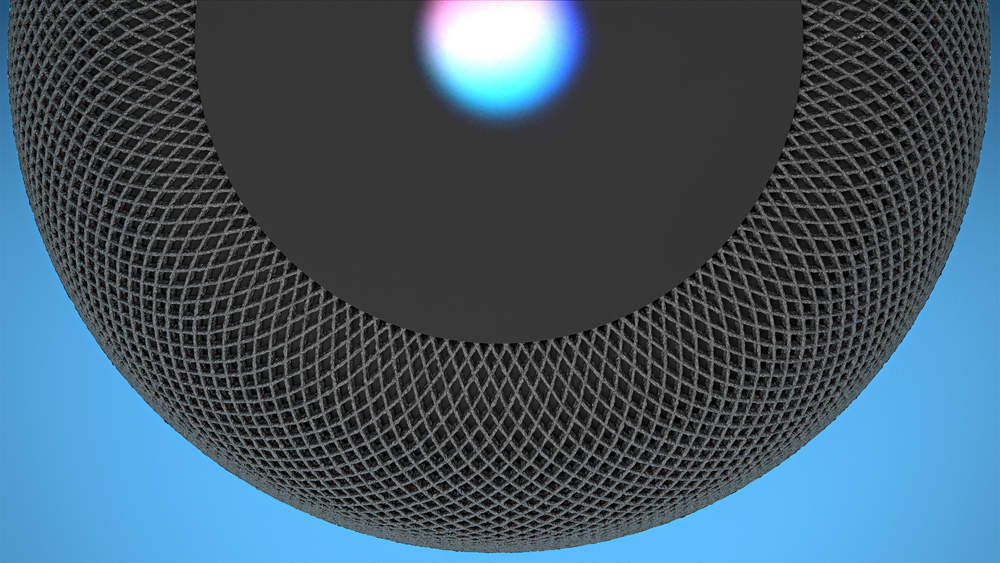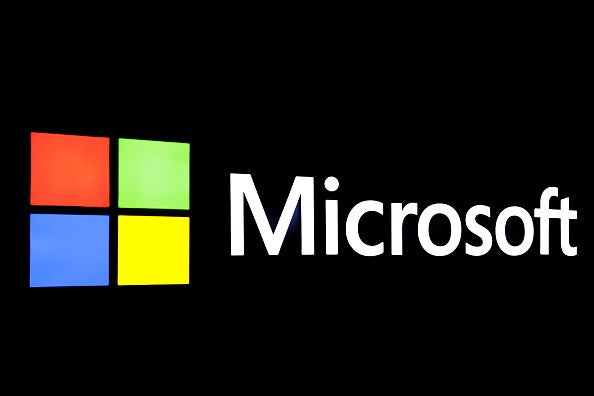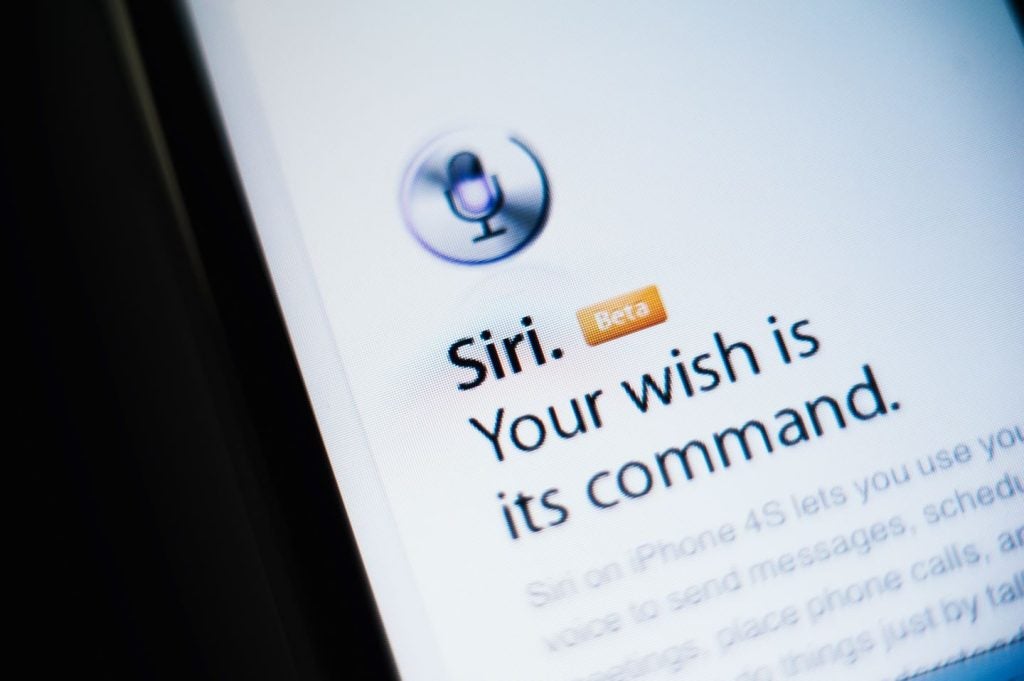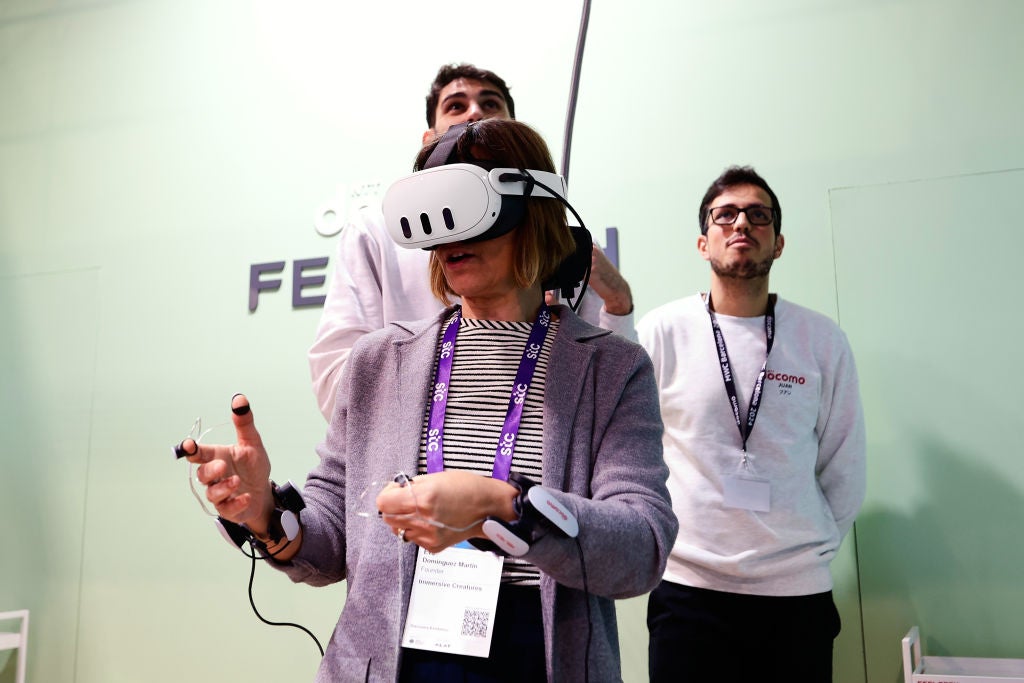
Apple’s HomePod already has problems. It’s going on sale early February, arguably late — it missed the holiday sales season — and is targeting audiophiles — not the mainstream market.
Apple often waits until a market has matured before upending it with a better designed product, but it is not clear this will be the case this time.
The new HomePod should find a ready audience among people looking for better sound who are happy to be captive in Apple’s ecosystem – Apple Music integration will have been a priority for Apple.
The HomePod goes on sale on 9 February in English speaking countries – the US, Canada, UK, and Australia. Siri’s still learning French and German and will hit the shelves there in the spring.
At $349 in the US and a whopping £349 ($496) in the UK, the Apple HomePod is priced well above most smart speakers.
Amazon’s best-selling Echo Dot and Google’s Home mini each start at $49 and have been discounted 20 percent further during holiday sales.
How well do you really know your competitors?
Access the most comprehensive Company Profiles on the market, powered by GlobalData. Save hours of research. Gain competitive edge.

Thank you!
Your download email will arrive shortly
Not ready to buy yet? Download a free sample
We are confident about the unique quality of our Company Profiles. However, we want you to make the most beneficial decision for your business, so we offer a free sample that you can download by submitting the below form
By GlobalDataOf course, premium pricing is not out of character for Apple.
While the iPhone maker certainly has some bargains in its line-up, such as the AirPod wireless earbuds, Apple typically plays at the high of the market and wins customers over with better design and simpler operation.
In this case, the competition is also offering attractive industrial design and simple voice operation, only with more capabilities at a lower price.
On the other hand, Amazon’s Alexa already has tens of thousands of so-called skills (apps and home automation integrations), and Amazon adds new ones in software updates every week.
In comparison, Apple’s HomeKit ecosystem is tiny, and Siri’s capabilities on HomePod will almost certainly be more limited than Alexa or Google Assistant.
Apple will attempt justify its price by touting superior audio quality.
Apple has not allowed analysts or journalists to hear the HomePod outside of short demos in tightly controlled environments, but we assume that Apple will deliver on this promise. In that context, the HomePod is actually somewhat less expensive than the competition.
Google’s best-sounding Home Max costs $399, and Sonos, the market leader in multi-room audio, sells speakers ranging from $199 to $699.
It is still early in the smart speaker game, and even earlier for artificial intelligence overall. If Apple can find an audience willing to prioritise sound quality over price and functionality in the short term, there is plenty of room for HomePod to grow.
Even the most sophisticated smart assistants have difficulty understanding the context that informs queries, integrating information from multiple sources, and understanding natural language.
Amazon has a commanding lead in home automation control, but only at an individual level today.
Getting groups of devices to work in unison based on different scenarios is still a challenge to be solved.
Voice-driven devices also have poor discovery and recall – it can be difficult for humans to learn all the things a smart speaker can do, and challenging to remember what they did, so that they can do it again.
Amazon and Google are feverishly working on these issues. Now Apple is, too.








Related Company Profiles
Sonos Inc
Apple Inc
Amazon.com Inc
Google LLC